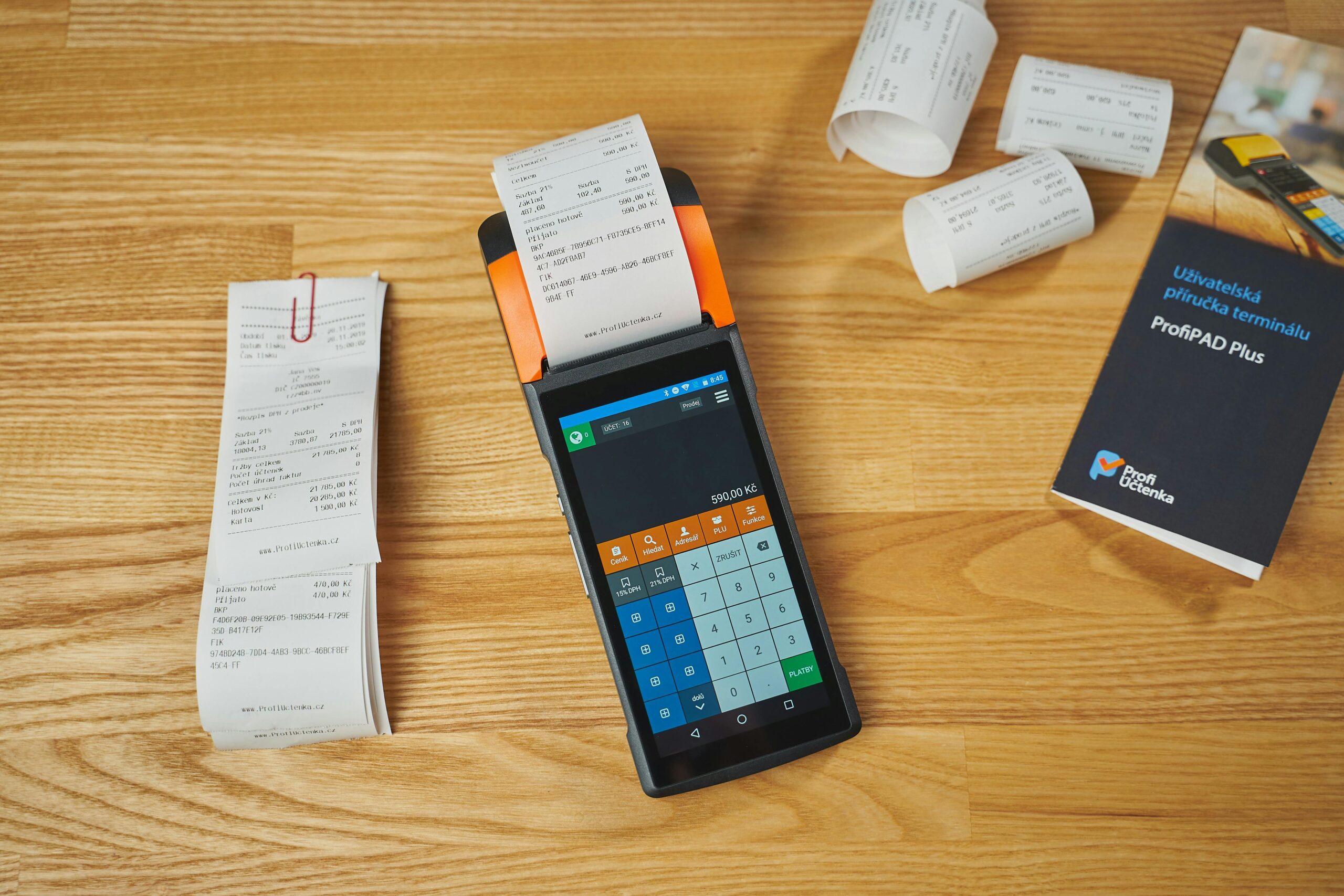
The Ultimate Guide to Organizing Receipts for Small Business Owners
As a small business owner, managing your finances effectively is crucial to the success and growth of your enterprise. One of the fundamental aspects of good financial management is keeping your receipts well-organized. Receipts serve as essential proof of business expenses, which are necessary for accurate bookkeeping, tax deductions, and audits. In this blog post, we’ll guide you through the process of organizing your receipts efficiently.
Why Organizing Receipts Matters
- Accurate Bookkeeping: Well-organized receipts ensure that your books are accurate and up-to-date, which helps in tracking expenses and profits correctly.
- Tax Deductions: Proper documentation of business expenses can significantly reduce your taxable income through legitimate deductions.
- Audit Preparedness: In case of an audit, organized receipts provide clear evidence of your business transactions, making the process smoother and less stressful.
- Financial Insights: By reviewing your receipts regularly, you can gain insights into your spending patterns and identify areas where you can cut costs.
Steps to Organize Your Receipts
1. Digitize Your Receipts
One of the best ways to keep your receipts organized is to go digital. Use a scanner or a smartphone app to digitize paper receipts. There are several apps available, such as Expensify, Shoeboxed, and Receipt Bank, which can help you capture and store receipts electronically.
2. Use Cloud Storage
Store your digital receipts in a cloud-based system like Google Drive, Dropbox, or OneDrive. This ensures that your receipts are accessible from anywhere and are safely backed up in case of device failure or loss.
3. Keep a Backup of Physical Receipts
While digitizing receipts is highly recommended, it’s also a good practice to keep physical copies of important receipts. Store them in a labeled folder or envelope, categorized by month or expense type. This serves as a secondary backup and can be useful if a digital copy is lost or corrupted.

4. Categorize Receipts
Once you have digitized your receipts, categorize them based on the type of expense. Common categories include:
- Office Supplies
- Travel Expenses
- Meals and Entertainment
- Utilities
- Advertising and Marketing
- Professional Services
Most receipt management apps allow you to create custom categories, making it easier to track specific types of expenses relevant to your business.
5. Regularly Update Your Records
Make it a habit to update your receipt records regularly. Set aside time each week or month to scan new receipts, categorize them, and store them in your chosen system. This routine will prevent a backlog of unprocessed receipts and ensure your records are always up-to-date.
6. Reconcile with Bank Statements
Periodically reconcile your receipts with your bank and credit card statements. This helps to verify that all recorded expenses match actual transactions and can highlight any discrepancies that need to be addressed.
7. Automate Where Possible
Many accounting software programs, such as QuickBooks and Xero, offer features that automate the receipt organization process. They can integrate with receipt scanning apps, categorize expenses, and even match receipts to corresponding bank transactions automatically.
Tips for Managing Receipts
- Be Consistent: Consistency is key to maintaining an organized receipt system. Make it part of your routine and stick to it.
- Label Everything: Clear labeling helps you find receipts quickly when needed.
- Set Reminders: Use calendar reminders to prompt regular updates of your receipt records.
- Review Regularly: Periodically review your organized receipts to ensure they are complete and correctly categorized.
Organizing your receipts might seem like a daunting task, but with the right tools and a systematic approach, it can become a manageable and even straightforward part of your business routine. By keeping your receipts well-organized, you can ensure accurate bookkeeping, maximize tax deductions, and be prepared for any audits, ultimately contributing to the financial health and success of your business.
If you need help with your bookkeeping, we’re here to assist! Setting up and maintaining accurate financial records is crucial for the success of your business. Don’t let the complexities of bookkeeping hold you back. Schedule an appointment with us today, and let’s ensure your financial foundation is solid and ready for growth. Click here to book your appointment now!

